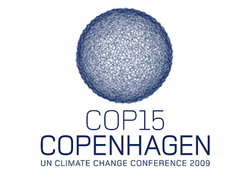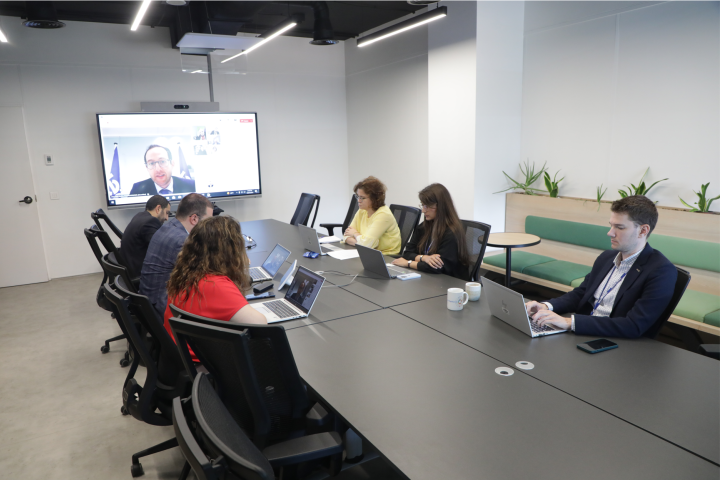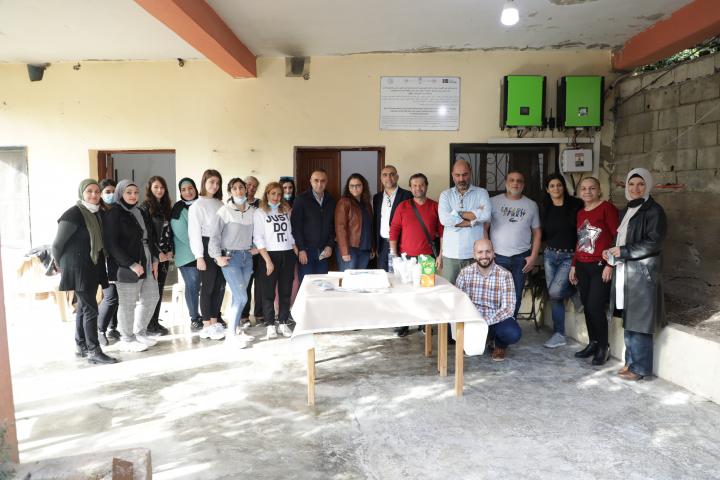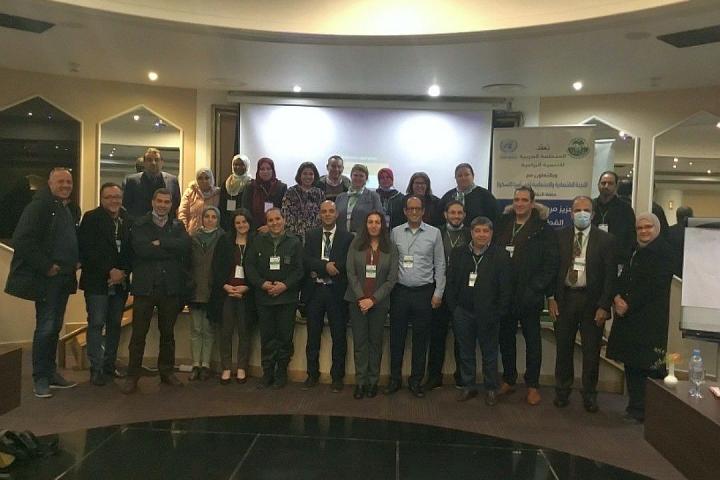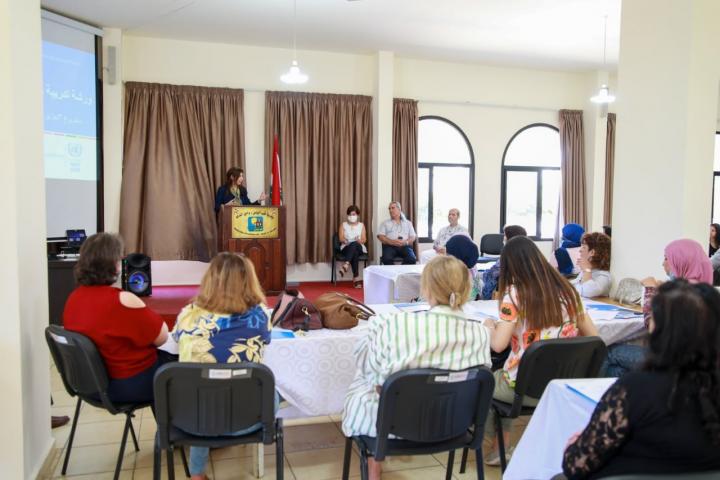United Nations Under-Secretary-General and Executive Secretary of the UN Economic and Social Commission for Western Asia (ESCWA), Bader Omar AlDafa, today articulated expected challenges and potential climate change (CC) impacts on the region in a statement delivered at the UN Climate Change Conference in Copenhagen.
AlDafa laid out steps ESCWA is taking to assist its member countries in adapting to, and mitigating, climate change impacts. He was speaking at the UN Regional Commissions "Joint Side Event on Climate Change" held on the sidelines of the UN summit conference in the Danish Capital.
Laying out the challenges of sustainable development and natural resources management, AlDafa said the ESCWA region is characterized by rapid population growth (2.32 percent compared to a global average of 1.19 percent), political instability, acute water scarcity (Average 500m3 per Capita a year), and unsustainable production and consumption patterns, especially for water, energy land resources, among other things. These characteristics are all associated with environmental impacts and could heighten risks for the region. Adding to these points, "inappropriate institutional and legislative capacity to address CC issues; low competitiveness of production sectors; fragmented social policies, and inadequate financial resources, could all hinder the region’s efforts to cope with the disruption in climate," Al Dafa said.
As for the expected CC impacts on the ground, AlDafa categorized them into effects on natural resources and ones on the social and economic levels. The region expects an increase in temperatures, which could lead to changes in precipitation and an increase in drought spells that will affect groundwater quantity and quality (e.g. estimated 50 percent and 15 percent reductions in freshwater in Syria and Lebanon respectively). CC will result in decreased agricultural productivity and an increase in the area of semi-arid lands; an increase in desertification and land degradation; and a rise in sea levels that will lead to drowning of coastal areas among other repercussions. More precisely, AlDafa mentioned a 30 to 50 percent reduction expected in the flow of the Euphrates and Tigris rivers, a fluctuation in the Nile of +30 to -70 percent and a loss of fertile agricultural lands. "Egypt and Iraq are estimated to lose 12 to 15 percent of their fertile Delta lands," he said. The region should also look out for a possible increase in natural disasters, such as floods and hurricanes ( the recent "Gono" Hurricane in Oman), and seawater seepage into coastal groundwater resources, which could pose a threat to Egypt, Lebanon, Syria, and GCC countries.
As for socio-economic impacts, they can be summarized in increased political conflicts due to competition over varying and declining natural resources, increased unemployment and decreased wages due to loss of arable lands, drop in tourism and declining fishing activities. There will also be an increase in the levels of poverty and health problems as well as population displacements and mass immigration from flooded or drought-affected regions in Egypt, Iraq, Kuwait, Qatar, and United Arab Emirates (varying between 50,000 in GCC Countries to more than a million in Egypt).
In 2009, ESCWA has implemented several activities to support CC Adaptation and Mitigation in its member countries. AlDafa underscored some of these activities, citing awareness-raising efforts of the regional commission on climate change issues, in collaboration with the League of Arab States (LAS), the UN Environment Program’s Regional Office of West Asia and concerned Arab organizations in the region. ESCWA has taken actions to formulate a joint UN- LAS work plan for conducting "Vulnerability Assessment on Water Resources of the Region" through organizing an Expert Group Meeting to discuss models, methodologies, parameters and priorities in order to define a scope and inform the process of assessment. The Commission also implemented field solar projects, which so far included solar village electrification in Yemen and manufacturing solar water heaters in Lebanon. It continues to promote a dialogue among member countries on transport for sustainable development and related climate change issues in the region.
The Executive Secretary underscored the political will and commitment expressed by ESCWA member countries to achieve social development and address CC, citing regional initiatives such as The Arab Initiative on Sustainable Development in 2002; The Abu Dhabi Declaration on Environment and Energy in 2003; and The Arab Declaration on Climate Change in 2007. ESCWA has supported the LAS Secretariat in facilitating the formulation and adoption of those initiatives and declarations, AlDafa said.
